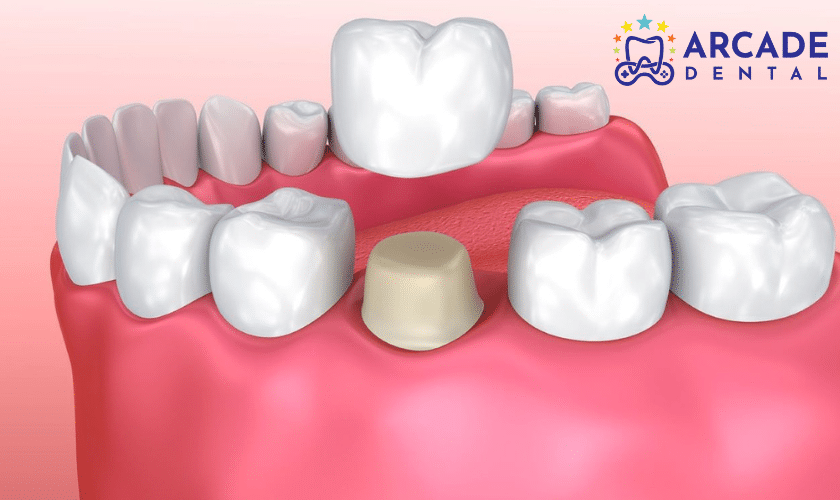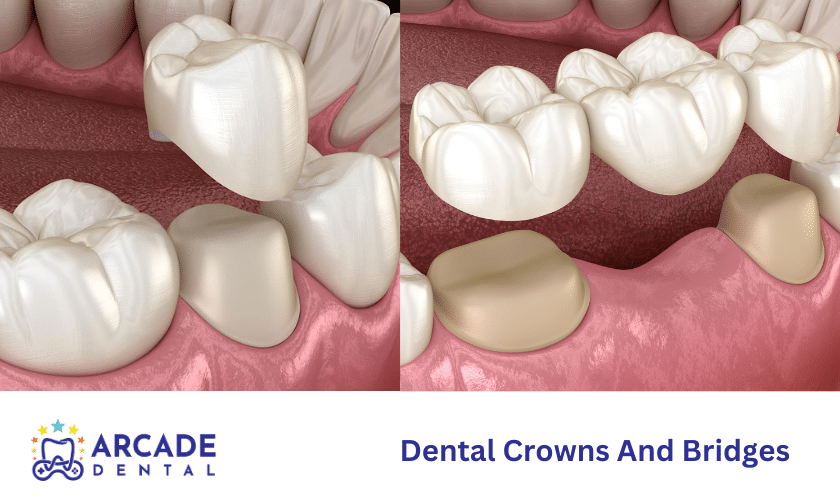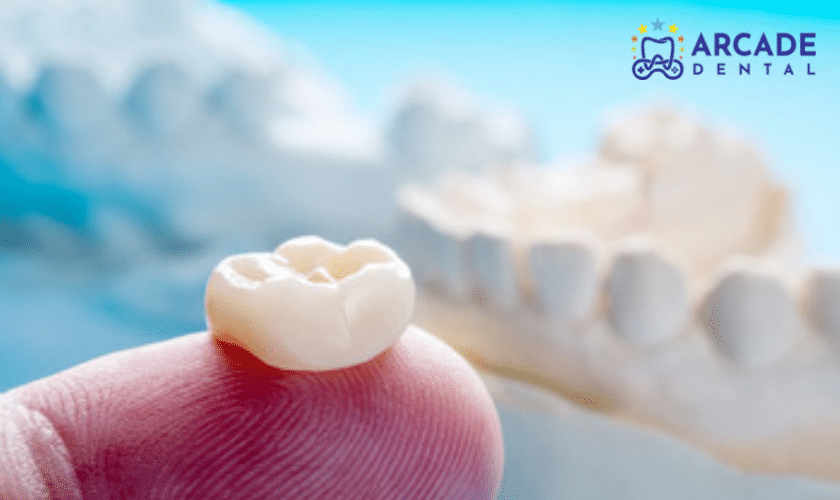
If you have a tooth that needs replacing, then you’ve probably thought about receiving dental crowns. They are metal caps that cover the visible part of your tooth and serve as a replacement for the damaged parts. It is important to take precautions when installing dental crowns to avoid losing them in the future.
1. Visit Your Dentist Regularly
The best way to keep your teeth healthy is by keeping them clean. The plaque that accumulates on your teeth can lead to gum disease, tooth decay, and loss of bone in the jaw. Regular visits with your dentist will help you prevent these problems by ensuring that you are using the right products to brush your teeth properly and by keeping an eye on any changes in your oral health. It is also important that you come in as soon as possible if you notice anything unusual with your gums or teeth so they can be treated before more serious damage can occur.
2. Brush Daily with Fluoride Toothpaste
Do you know what fluoride is? Fluoride is a mineral that helps strengthen tooth enamel. It’s also used in many other ways, including as a pesticide to prevent crop damage from pests and as a water purifier. Brush Daily with Fluoride Toothpaste uses fluoride toothpaste to help keep your teeth healthy. We use it because it’s the best way to get the most out of your brushing technique, which will help you maintain healthier teeth and gums.
3. Ask Questions About Your Dental Crown to Your Dentist
If you have any questions about your dental crown, ask the dentist for an appointment as soon as possible. The sooner you get in to see the dentist, the sooner he or she can assess your situation and discuss your options. The sooner you know what needs to be done, the easier it will be for you to make a decision about what kind of treatment you want.
4. Ask the Dentist to Check That the Crown is Still On Your Tooth Before You Go Anywhere
If you’re going on vacation, and you have a crown that needs to be replaced, make sure the dentist checks it before you go anywhere. There are so many unexpected things that can happen while you’re away. You might get hit by a car, or become dehydrated and end up with a fever. That’s why it’s important to know what your dentist thinks about your crown before you leave town!
5. Keep the Crown in Place by Flossing Every Day and Taking a Course of Antibiotics If You’re Sick
When you have a crown, it can be easy to forget that your whole mouth is just as important as the tooth in your mouth. But when you don’t floss, bacteria can get into your gumline and cause an infection. Just like your teeth need regular cleanings to stay healthy, so do your gums. If they’re not kept clean, they can become infected and lead to serious problems like tooth loss. That’s why it’s so important to floss every day—and keep doing so even if you’re sick! The American Dental Association recommends flossing once or twice a day for adults, and if you’re sick, make sure to wait at least 24 hours before brushing or flossing again.
Conclusion
If you want to avoid losing your dental crown, you should make sure that the dental crown is properly fitted to your tooth and that it is strong enough to withstand the forces of chewing. You should also take care not to talk or drink something hot or cold on the crown, which could damage it. If you have any questions about how to avoid losing your dental crown, please don’t hesitate to contact our office for more information.
FAQs:
A: A dental crown is a metal cap applied to your tooth to protect it from decay, bacteria, and other harmful substances.
A: A dental crown works by bonding to the surface of your tooth and filling in any gaps that exist between the tooth and your gum tissue. This fills in the space between your tooth and the gum tissue so that it’s less likely for bacteria to get into those gaps and cause decay. The bond between the cap and your tooth is stronger than normal because there’s no natural substance for it to bond with as there is for regular teeth, so when you bite down on something hard or crunch up food, it won’t break off as normal teeth would!
A: Yes! You can eat anything you want without worrying about whether or not you’ll lose your crown—it’s made out of metal so it has more strength than regular teeth do.




